Supporting social skill development in children with autism is essential for building friendships, working with others, and being part of the community. Many children may need extra support, structure, and patience to grow these skills. The good news is that with the right strategies and guidance, progress is possible.
This article will explain common challenges, highlight core skills to focus on, and share practical strategies. You’ll also find activities and evidence-based approaches that help children connect with others in meaningful ways.
Understanding Social Skills Challenges in Autism
Children on the autism spectrum often see and experience the world differently. This unique perspective can make certain social situations more challenging.
Some common differences include:
- Difficulty understanding body language, facial expressions, or tone of voice
- Trouble knowing when or how to join a conversation
- A preference for routines that may limit social opportunities
- Feeling overwhelmed in noisy or unpredictable environments
- Challenges with starting or keeping a conversation going
By recognizing these challenges, parents, educators, and caregivers can better support children in building the skills they need.
Stages of Social Skill Development
Supporting social skills development in children with autism is not a one-size-fits-all journey. Growth often looks different at each stage of childhood, and knowing what to expect can help families set realistic goals. While progress varies by individual, here are some broad milestones that can guide parents and caregivers.
Preschool (ages 3–5):
At this stage, children are learning the basics of interaction. Goals may include making eye contact, taking short turns in play, or responding when someone says their name. Simple social skills lessons for autism, such as practicing greetings or learning to share toys, lay the foundation for future success.
Elementary School (ages 6–11):
Children begin to handle more complex social activities, such as group games or classroom discussions. Skills to focus on may include joining conversations, following group rules, and recognizing others’ feelings. Social skills training in autism programs often include role-play and peer practice at this stage.
Understanding these stages provides a framework, but every child’s timeline is unique. Progress is best measured by consistent practice and the child’s individual strengths.


Key Social Skills to Support
While every child is different, here are some common skills to focus on:
- Starting and maintaining conversations
- Recognizing and expressing emotions
- Taking turns during games or discussions
- Understanding personal space
- Following group rules and routines
Practical Strategies to Support Social Skills
1. Model and Practice Skills at Home
Children learn a great deal by watching others. Model the behaviors you want to teach. For example, greet family members in the morning, ask them how they are, and wait for a reply.
Try simple role-play situations together. Practice introducing yourself to someone new, asking to join a game, or ordering food at a restaurant. Keep the practice short, positive, and fun.
2. Use Visual Supports
Many children with autism understand and remember things better when they can see them. Visual supports—such as cue cards, charts, or social scripts—help make expectations clear.
For instance, a “playground rules” chart could show simple pictures of waiting in line for the slide, taking turns, and saying “thank you” after playing. These visuals make social steps concrete and predictable.
3. Incorporate Social Stories
Social stories are short, simple narratives that explain what will happen in a certain situation and how to respond.
Example: “When I go to a birthday party, I will say hello to the birthday child. I will wait my turn for games. If I don’t win, I will say ‘good job’ to the winner.”
Social stories can be read together before events to reduce anxiety and build confidence.
4. Leverage Peer Modeling
Children often learn social skills by watching their peers. Peer modeling allows them to see and copy positive interactions in real time.
Teachers and parents can set up activities where the child is paired with a peer who demonstrates skills like greeting, sharing, or playing cooperatively. Children may grow in their confidence and participation over time.
5. Provide Positive Reinforcement
Recognizing effort is just as important as recognizing success. Offer specific praise, such as, “I like how you waited for your turn before speaking,” or “You asked a great question just now.”
Reinforcement may include praise, token systems, or personalized motivators, depending on what your child responds to best. Consistent reinforcement encourages children to keep practicing the skills they are learning.
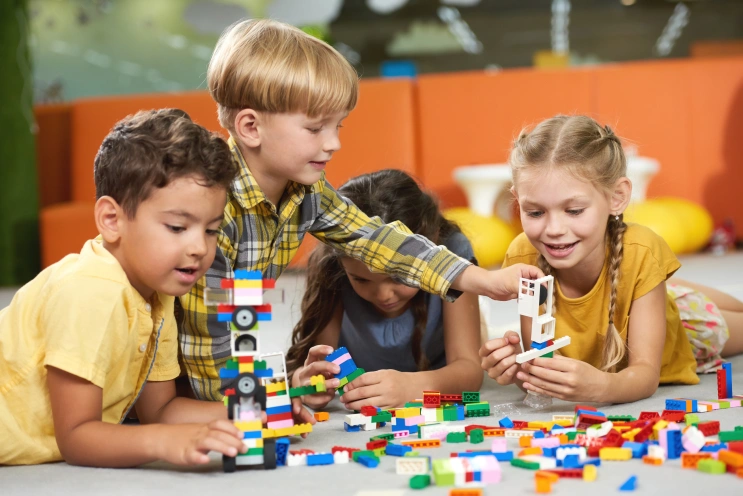
Parent and Caregiver Involvement
Parents and caregivers play a key role in social promotion. Skills practiced in therapy grow stronger when reinforced at home and in everyday life. Creating opportunities for practice helps children feel more comfortable and confident in real-world situations.
Simple steps can make a difference. For example, parents might invite a classmate over for a short playdate, schedule a family game night that encourages turn-taking, or practice ordering food together at a local café. These everyday social skills activities for autism provide a safe space for learning.
Caregivers can also model respectful communication by greeting others, asking questions, and showing empathy in daily interactions. Reinforcing skills through encouragement—such as praising a child for waiting their turn—helps build confidence.
When families actively support social growth, children benefit from consistent messages and opportunities. Partnering with therapists to extend strategies beyond the clinic ensures that developing social skills in children with autism becomes a natural part of daily routines.
Social Skills Activities for Autism
Some simple activities that can encourage practice include:
- Cooperative board games – Color-matching games or simple puzzle games encourage turn-taking and patience. Parents or teachers can guide children by modeling how to wait for their turn and celebrate both winning and losing.
- Group art or music projects – Working together on a mural, a Lego build, or a rhythm activity teaches sharing and teamwork.
- Guided community outings – Trips to the park, grocery store, or library give real-world practice. Caregivers can prepare with a visual schedule and role-play greetings or simple questions like asking the librarian for a book.
- Playground turn-taking activities – Swings, slides, or seesaws are natural opportunities to learn fairness. An adult can facilitate by setting timers or using phrases like, “Your turn, then my turn.”
- Interactive story time with questions and answers – Reading books aloud and pausing to ask questions builds listening and communication skills. For example, after reading The Very Hungry Caterpillar, ask, “What did he eat first?” or “How do you think he feels?”
Tips for Creating Inclusive Social Environments
Building strong social skills also depends on the environment. Families and caregivers can play a big role in making social opportunities more welcoming. Preparing others to support children with autism encourages inclusivity and reduces barriers to connection.
Parents can advocate by sharing what strategies work best for their child. Whether it’s using visual supports, clear instructions, or a buddy system, these small adjustments make a big difference. Social skills strategies for autism are most effective when everyday settings are structured to be supportive and predictable.
By promoting inclusivity, families help children practice and apply what they learn in real life. This not only strengthens individual growth but also fosters communities that value diversity and acceptance.
Things You Should Know About ABA
Get the must-know facts about Applied Behavior Analysis—all in one guide
Free downloadEvidence-Based Approaches
Certain professional approaches are especially effective for building social skills. When practiced ethically and individualized to the child’s needs, ABA can be an effective tool to support communication, behavior regulation, and social development.
Applied Behavior Analysis (ABA)
ABA uses structured teaching, clear goals, and positive reinforcement to build skills over time. Social skills are often a core focus of therapy sessions.
Speech and Language Therapy
Speech therapy can target pragmatic language—the social side of communication, such as knowing when to talk, how to change tone for different situations, and how to respond to others.
Social Skills Groups
Social skills groups give children a safe space to practice with peers.
At Mindful Sprouts, our social skills groups are led by trained therapists who create fun, structured activities that match each child’s needs. These sessions provide real-world practice, gentle coaching, and positive encouragement, helping children build confidence and lasting connections.
In addition to social skills groups, we also offer Applied Behavior Analysis (ABA) and Speech & Language Therapy. These services work hand in hand to support a child’s overall development—addressing communication, behavior, and daily living skills alongside social growth.
Conclusion
Helping a child with autism build social skills takes time, patience, and consistent support. By breaking skills into small steps, using visual tools, practicing regularly, and seeking professional guidance when needed, you can help your child connect with others and feel more confident in social situations.
If you’re looking for guidance on how to support your child’s social growth, Mindful Sprouts is here to help. Our team works closely with families to create personalized plans that support growth both inside and outside of therapy. Let’s partner together to create a plan that builds on your child’s strengths.
Thank you for taking the time to read and learn with us. Stay connected with us for tips, resources, and success stories—follow Mindful Sprouts on LinkedIn, X (formerly Twitter), Instagram, and Facebook to join our growing community of families and professionals.
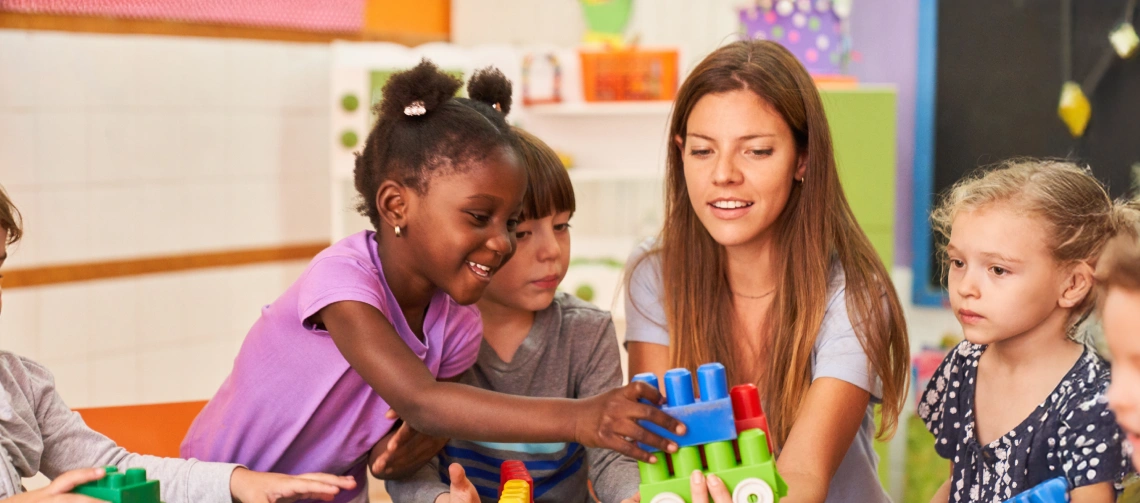
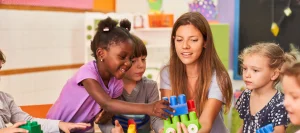



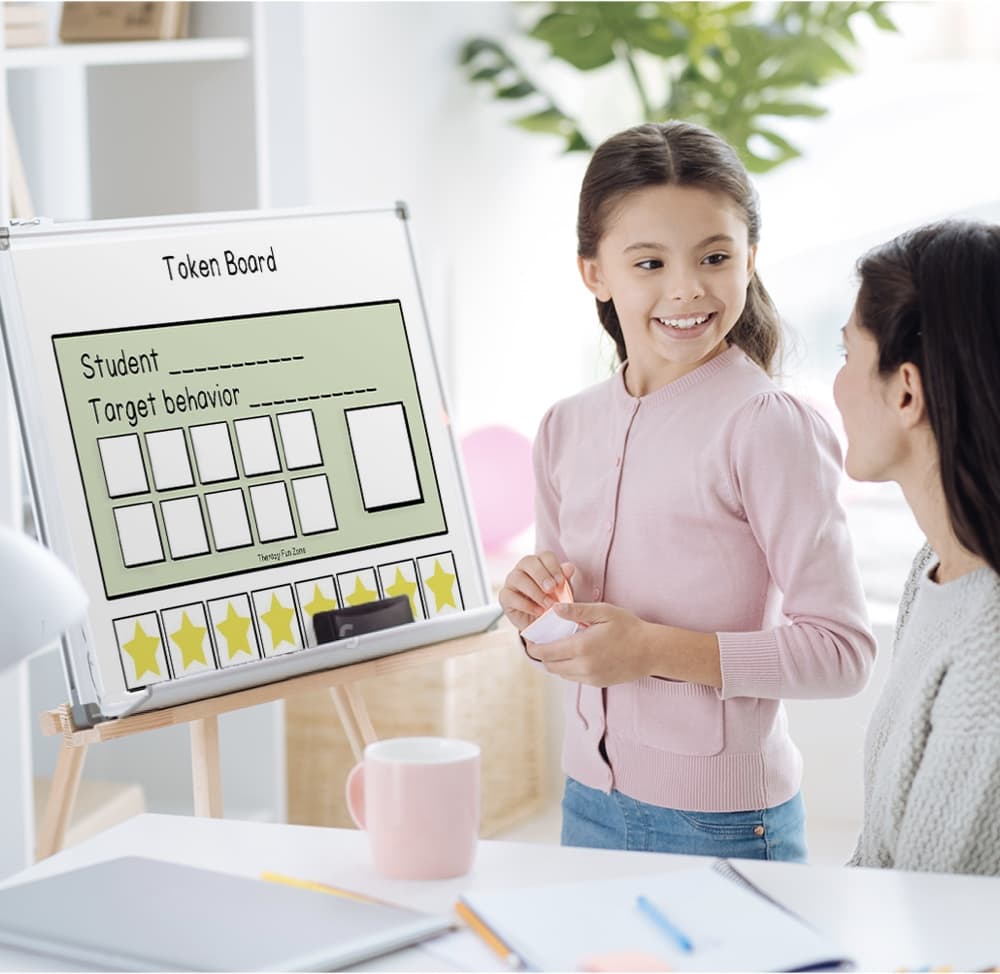
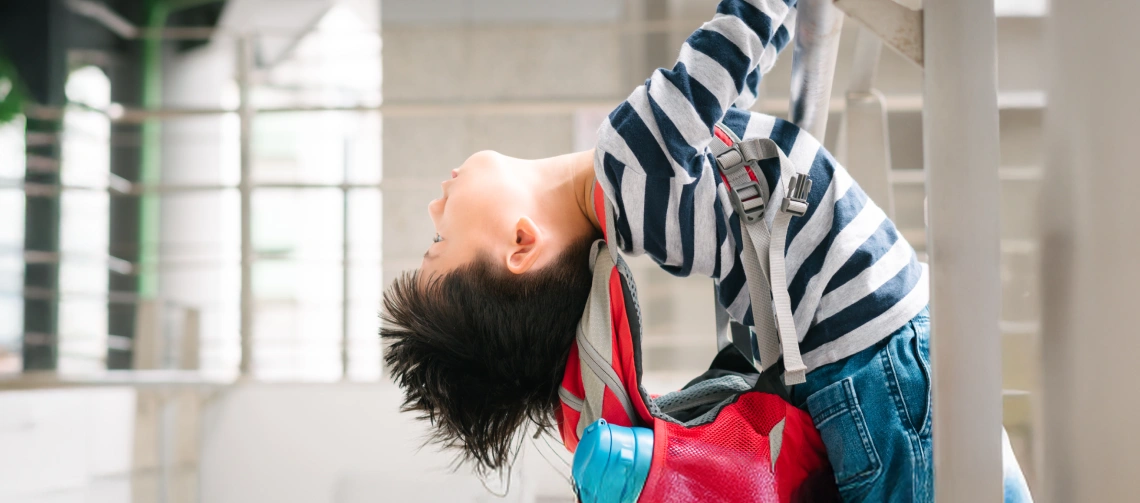
Leave A Comment